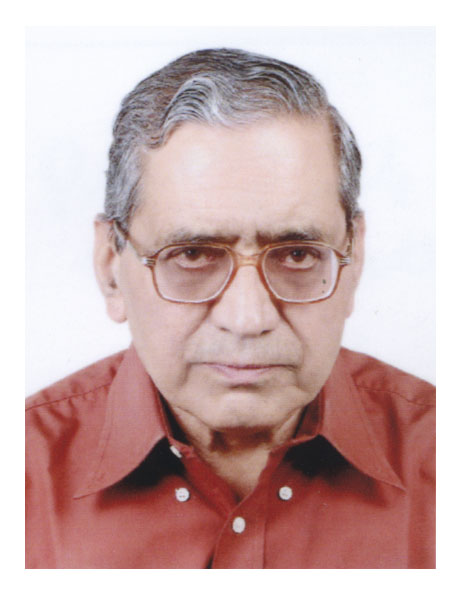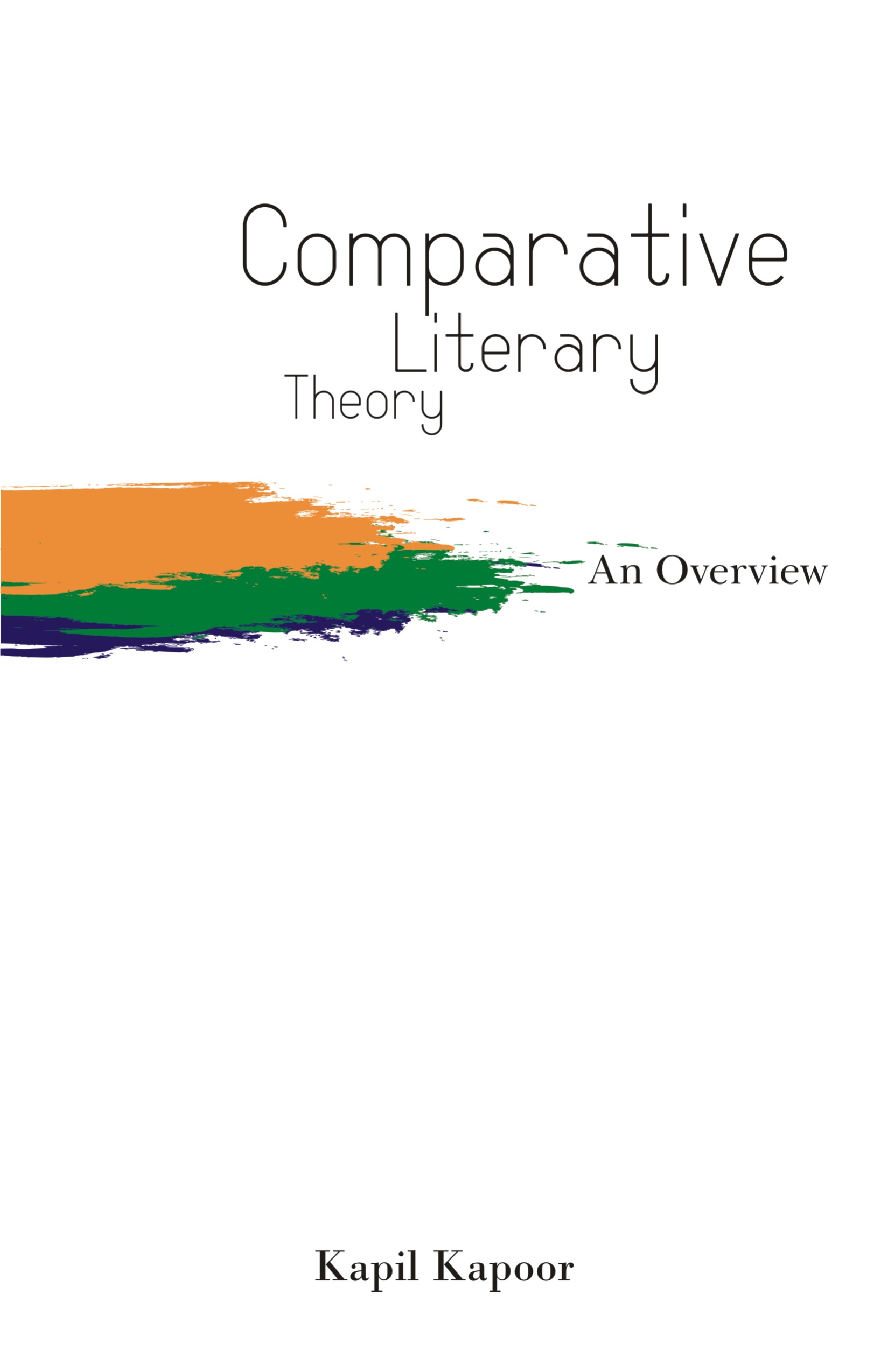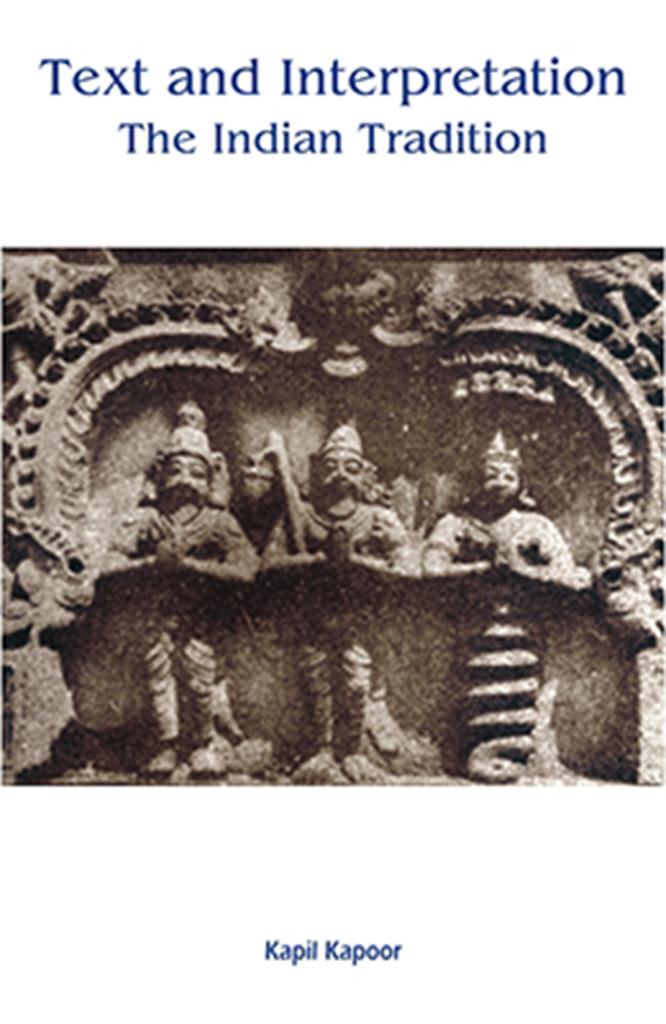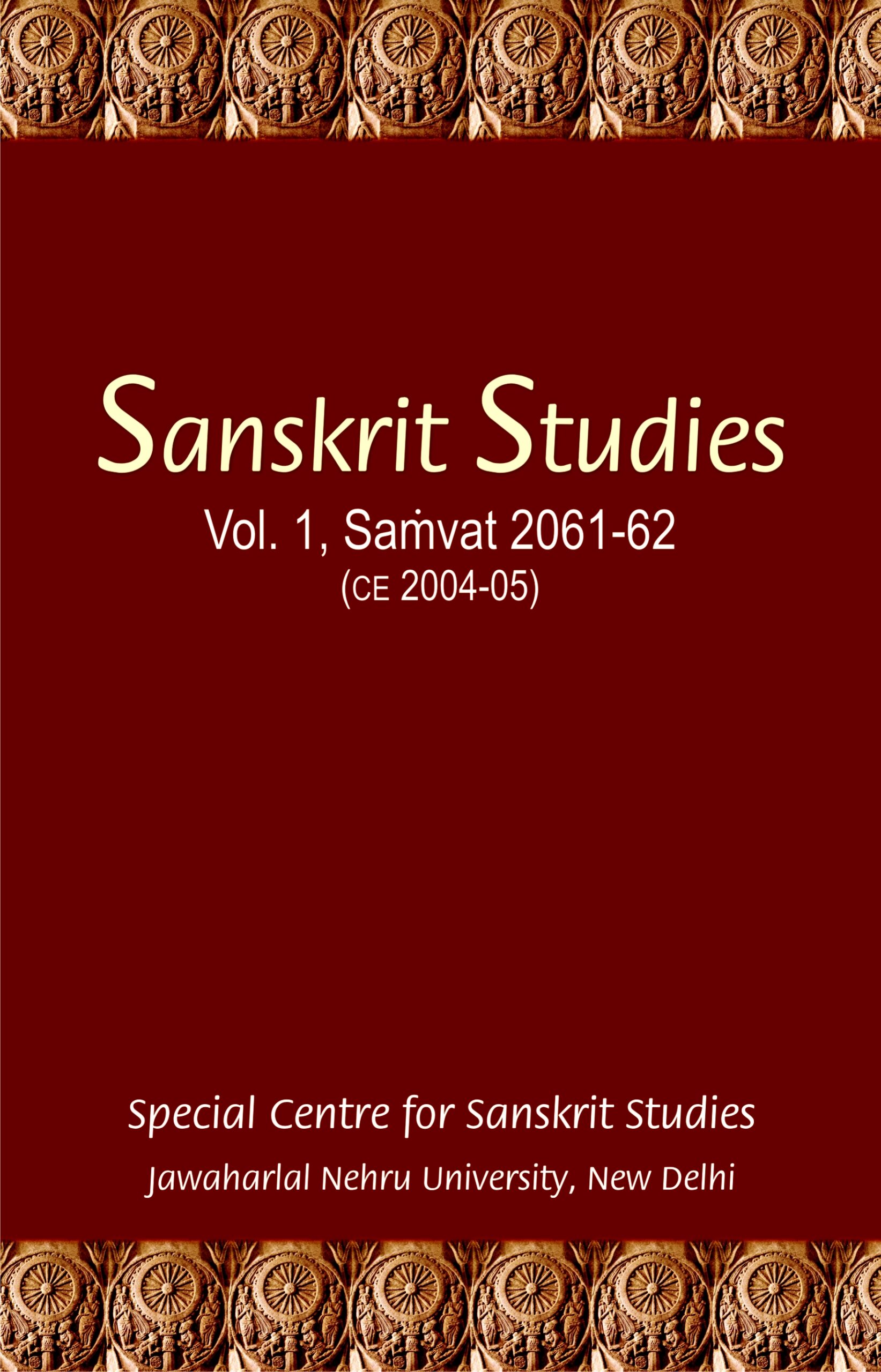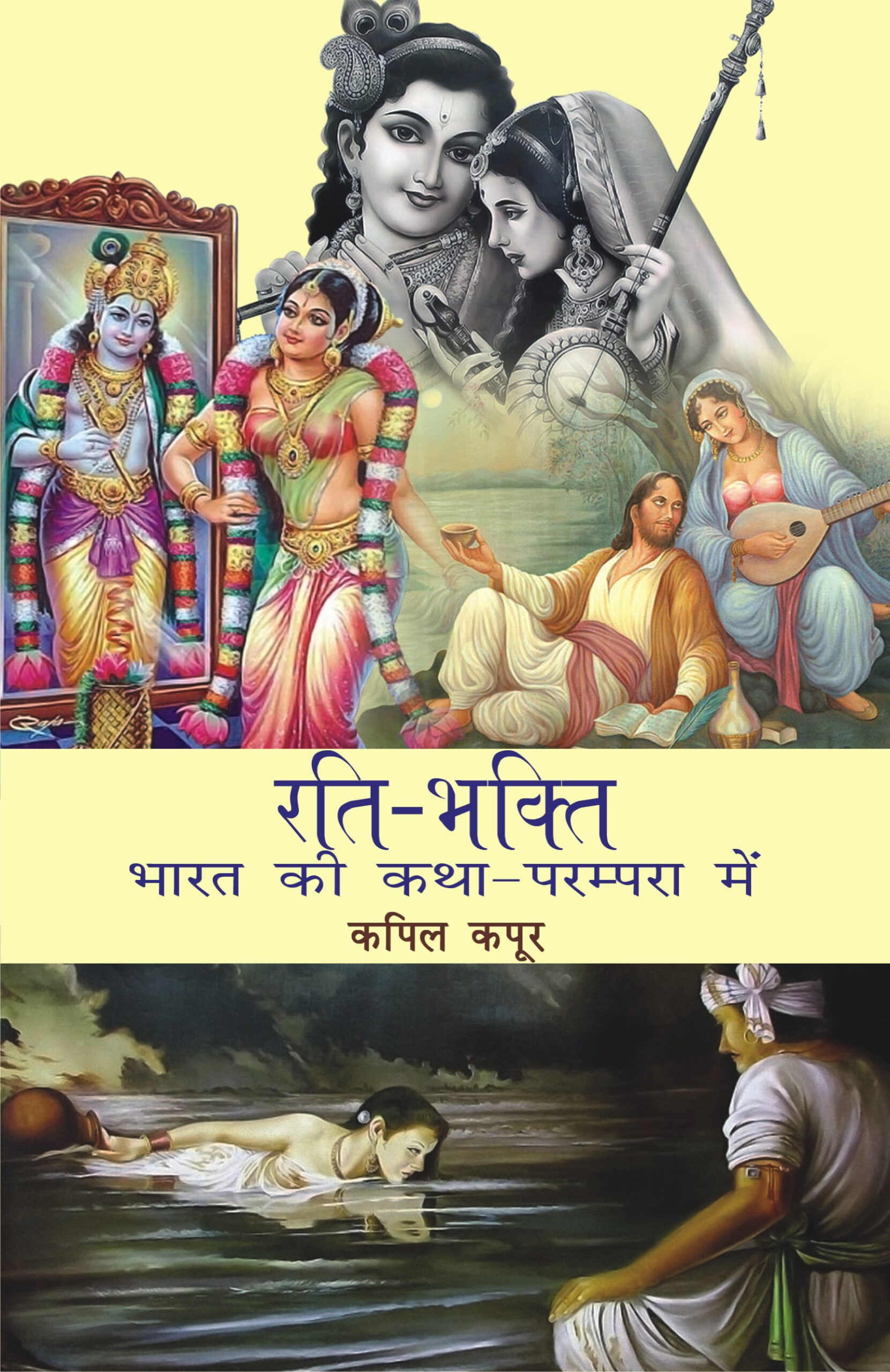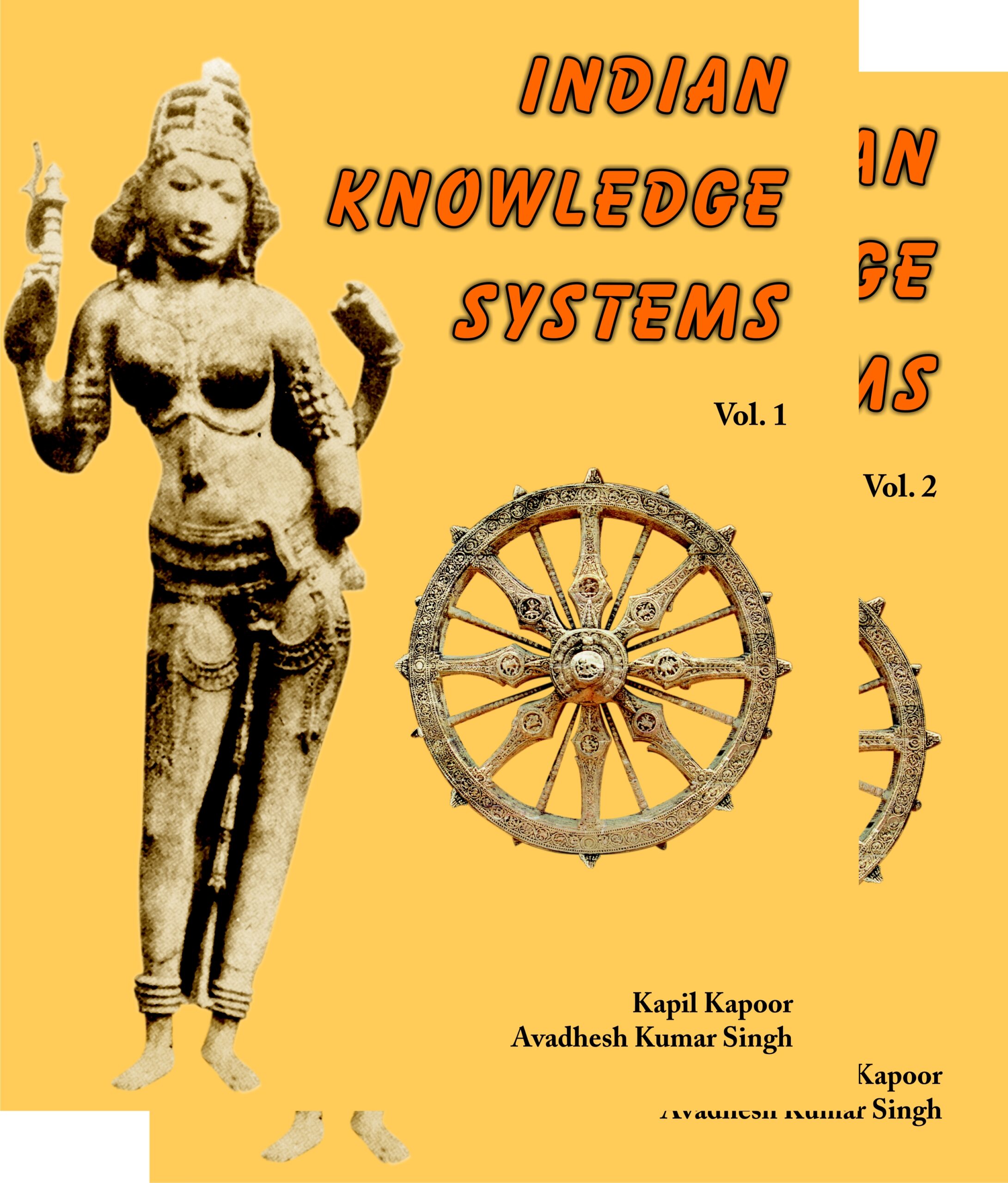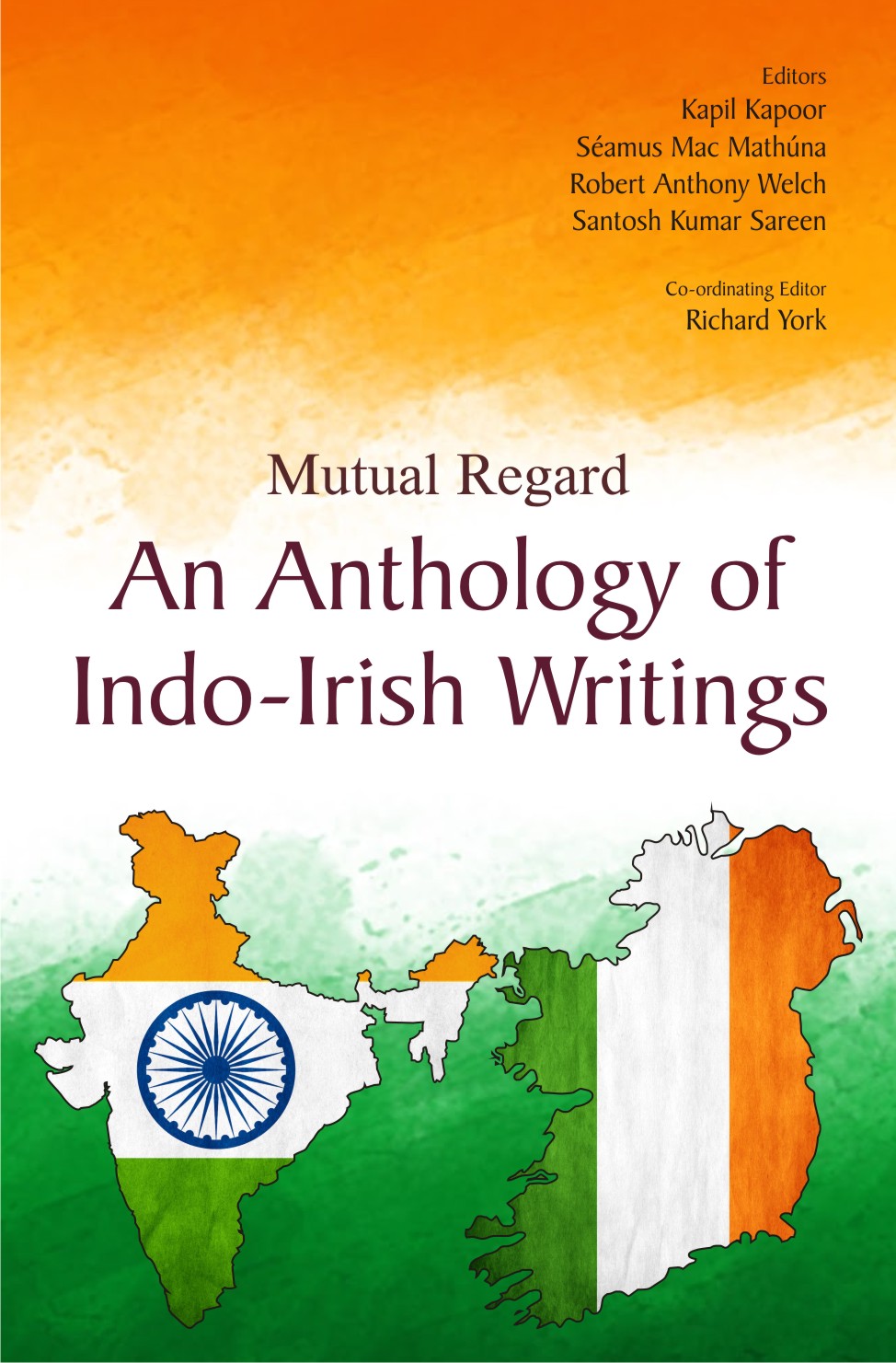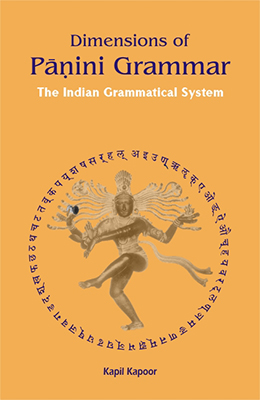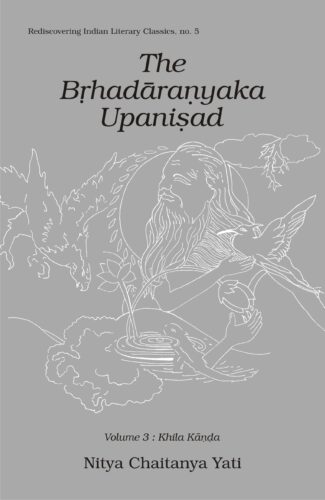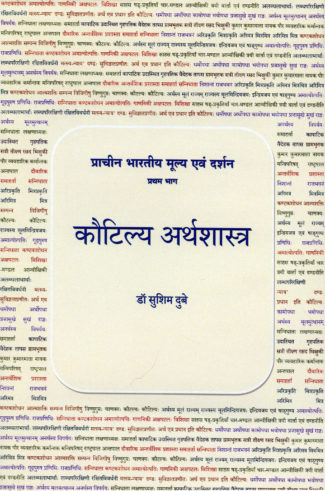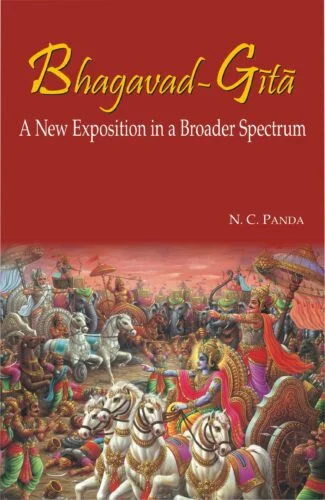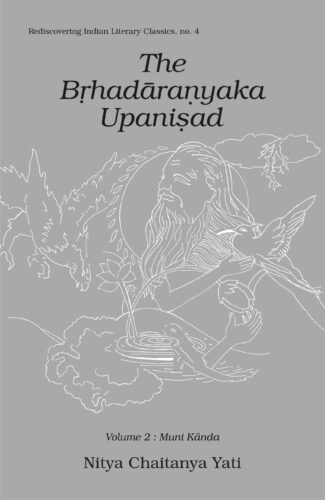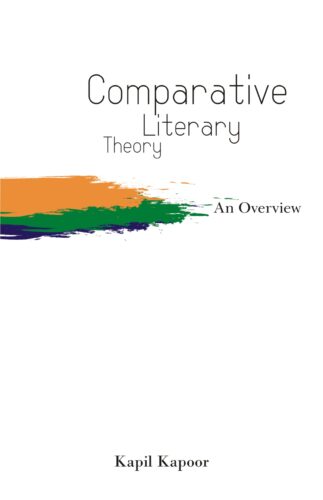
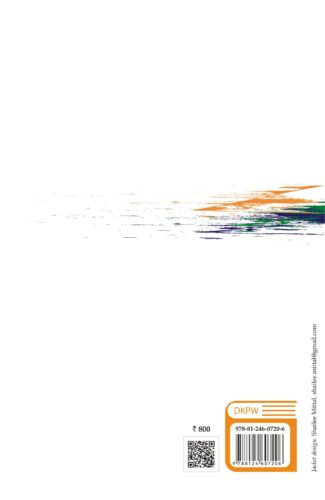
Comparative Literary...
Comparative Literary Theory
An Overview by: Kapil KapoorThis book delves deep into the growth of poetics, theory of literature, literary artefacts, aesthetics of literature as an art form, and dramaturgy and philosophy of literature. Cultures have given forms as their typical expressions for India great epics, for Greece tragedies, and for England lyrics.
Original price was: ₹800.00.₹720.00Current price is: ₹720.00.
ISBN: 9788124607206
Year Of Publication: 2014
Edition: 1st
Pages : x, 222p.
Bibliographic Details : Bibliography; Index
Language : English
Binding : Hardcover
Publisher: D.K. Printworld Pvt. Ltd.
Size: 23
Weight: 500
“Two cultures of the world — Greek and Indian — have nourished literature. While the contemporary Western thinking is rooted in Greek thought, especially of Socrates, Plato and Aristotle, and percolated down to the modern European languages with the advent of Christian thought, the multilingual Indian literary tradition has its base from the classical Tamil, Pali, Prakrt and Sanskrit.
Though cultural specificity marks these two traditions off from each other, the universal human condition that finds expression in all literatures binds them together. This book delves deep into the growth of poetics, theory of literature, literary artefacts, aesthetics of literature as an art form, and dramaturgy and philosophy of literature.
Cultures have given forms as their typical expressions — for India great epics, for Greece tragedies, and for England lyrics. Similarly, different ages of a culture find expression in different forms — Elizabethan age of England in lyrics, sixteenth-seventeenth centuries in drama, eighteenth century in prose, and nineteenth century in novel. India’s genius is in epics and its expression unfolds in sravya-preksa compositions, being singable poetry as its preferred form.
This book must serve pretty useful for students and teachers of literature. Also, an invaluable collection for researchers in literature.”
Preface
1. Growth of Poetics as a Discipline
Rise and Formation of the Discipline of Poetics in the West
Rise and Formation of the Discipline of Poetics in India
Rasa Alamkara Riti Dhvani Vakrokti Guna/dosha Aucitya
2. Theory of Literature
Definition Nature Goal Role in Society As Mimetic Art Theory of Images Verbal Image Meaning in Literature As a Knowledge Discourse Creativity and Creative Process
3. Categories of Literary Artefacts
Forms/Genres of Literature, (Kavyanatya Bheda) Author/Kavi/Types of Poets Reader/Auditor Language of Literature Literary Meaning and Sources, and Types of Literary Meaning Literary Conventions and Referentiality Verisimilitude and Literary Meaning Text vs. Composition
4. Aesthetics of Literature and Reception
Aesthetics and Values Reception
5. Philosophy of Literature
6. Characteristic Cultural Expressions, Sublime and Sringara
Characteristic Cultural Expressions and Ages: Epic or Drama or Lyric or Prose
Sublime and Classic
7. Theorizing Theory
Bibliography
Index


